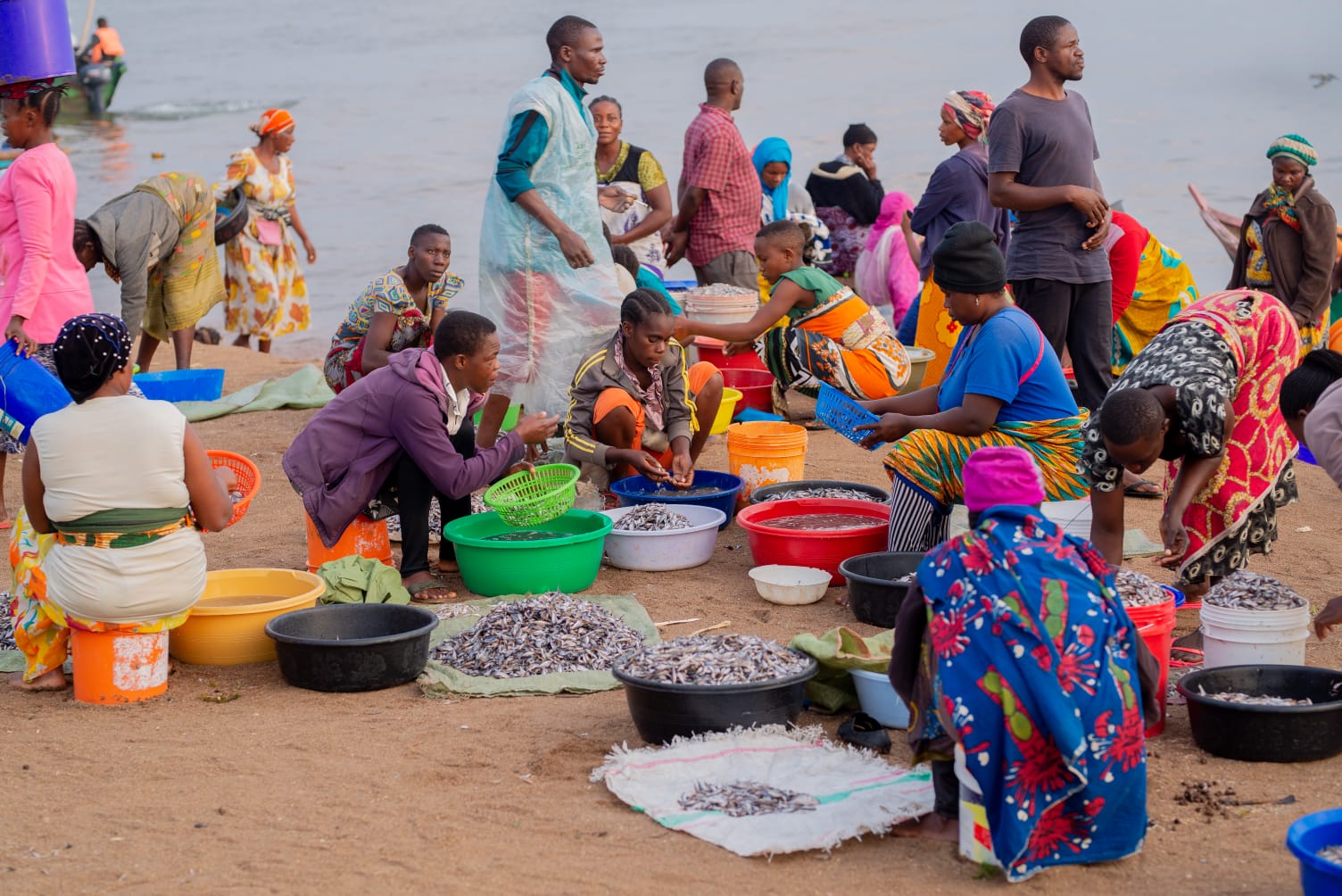COVID regulations have affected the livelihoods of small-scale fishers across Africa – but in different ways. While many have lost out, the effects vary between classes of boat owners, crew, processors, and traders – and each of these roles is highly gendered, with women playing dominant roles in fish processing and fish trade. Restrictions on mobility, cross-border trade and the collapse of tourism meant loss of markets in both Ghana and Tanzania, with school closures adding to women’s reproductive burden at the same time that market opportunities were foreclosed. Mobility restrictions led to temporary shortages and price hikes in Ghana with many fish processors relying on transport carriers who serve as middlemen in carrying the goods from the various communities as well as returning cash from fish sales. In Tanzania, loss of elite and export markets led to a (re)localisation of the food system, sometimes with nutritional benefits for communities as high-value fish species were sold more cheaply locally.
Yet this was not the case in South Africa where the presence of a highly-developed corporate fishing sector was able to continue operations, retaining markets, while small-scale fishers and fish workers lost out on both production and trade. Here, the poor lost out as both producers and as consumers. Across these diverse contexts, women have strategised and adapted, and collectively, political responses have focused on permits, catch allowances, landing sites, access to finance, equipment like outboard motors, transport and cold storage, and protection against corporate control and cheap imports. The struggles for secure fishing rights, equity and resilience in African food systems continue.
In this episode, we speak to three women activists from Ghana, South Africa and Tanzania who work with small-scale fishing communities: Patricia Blankson Akakpo the Network for Women’s Rights in Ghana, Maia Nangle from Masifundise Development Trust in South Africa and Editrudith Lukanga from Environmental Management for Economic Development Organization in Tanzania.



